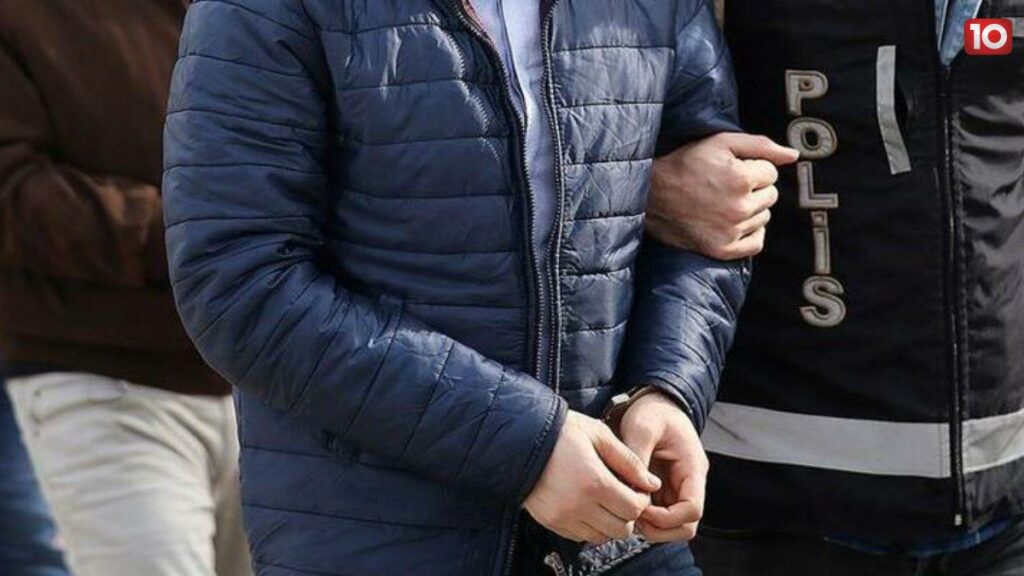Thirty-one people have over the past week been detained on warrants issued by Turkish prosecutors for alleged links to the Gülen movement, a faith-based group accused by the government of “terrorist” activities, the Stockholm Center for Freedom reported, citing local media.
In an investigation launched by the İstanbul Chief Public Prosecutor’s Office, detention warrants were issued on Tuesday for 14 individuals including teachers, students and businessmen over alleged Gülen links. Police conducted operations and detained 10 of the suspects.
Seven people were detained on Thursday over alleged Gülen links as part of an investigation overseen by the Bursa Chief Public Prosecutor’s Office.
In two separate investigations initiated by the Ankara Chief Public Prosecutor’s Office, detention warrants were issued on Tuesday for 17 people for alleged Gülen links. Police conducted operations in nine provinces and detained 14 of the suspects.
Turkish President Recep Tayyip Erdoğan has been targeting followers of the Gülen movement, inspired by Turkish Muslim cleric Fethullah Gülen, since the corruption investigations of December 17-25, 2013, which implicated then-prime minister Erdoğan, his family members and his inner circle.
Dismissing the investigations as a Gülenist coup and conspiracy against his government, Erdoğan designated the movement as a terrorist organization and began to target its members. He intensified the crackdown on the movement following an abortive putsch in July 2016 that he accused Gülen of masterminding. Gülen and the movement strongly deny involvement in the coup attempt or any terrorist activity.
Following the coup attempt, the Turkish government declared a state of emergency and carried out a massive purge of state institutions under the pretext of an anti-coup fight. More than 130,000 public servants, including 4,156 judges and prosecutors, as well as 24,706 members of the armed forces, were summarily removed from their jobs for alleged membership in or relationships with “terrorist organizations” by emergency decree-laws subject to neither judicial nor parliamentary scrutiny.
In addition to the thousands who were jailed, scores of other Gülen movement followers had to flee Turkey to avoid the government crackdown.

